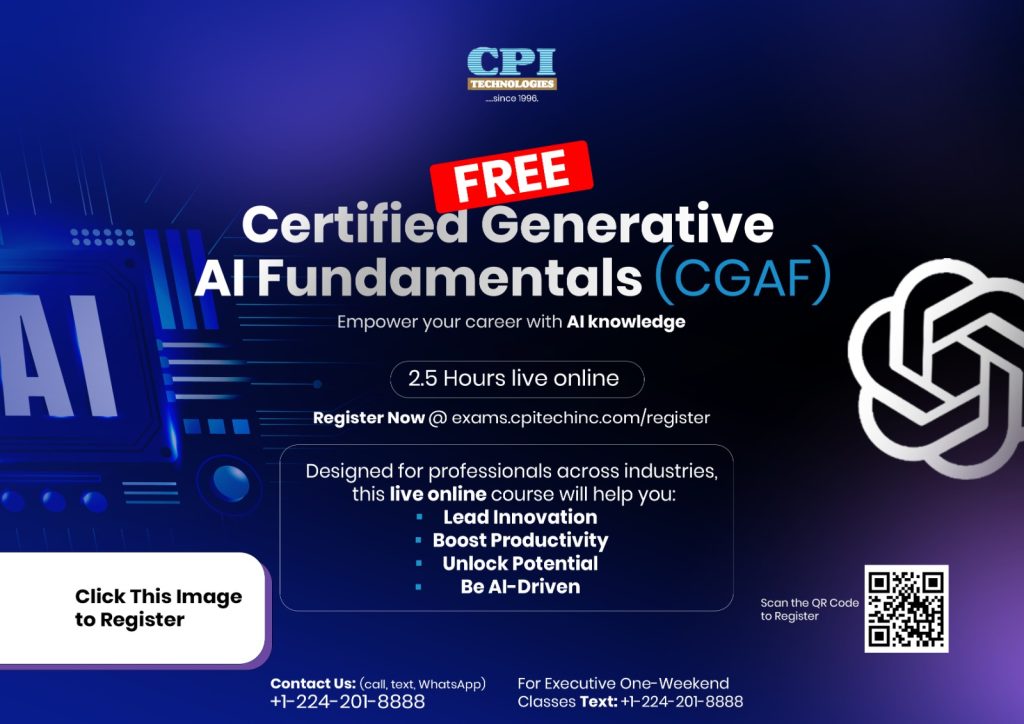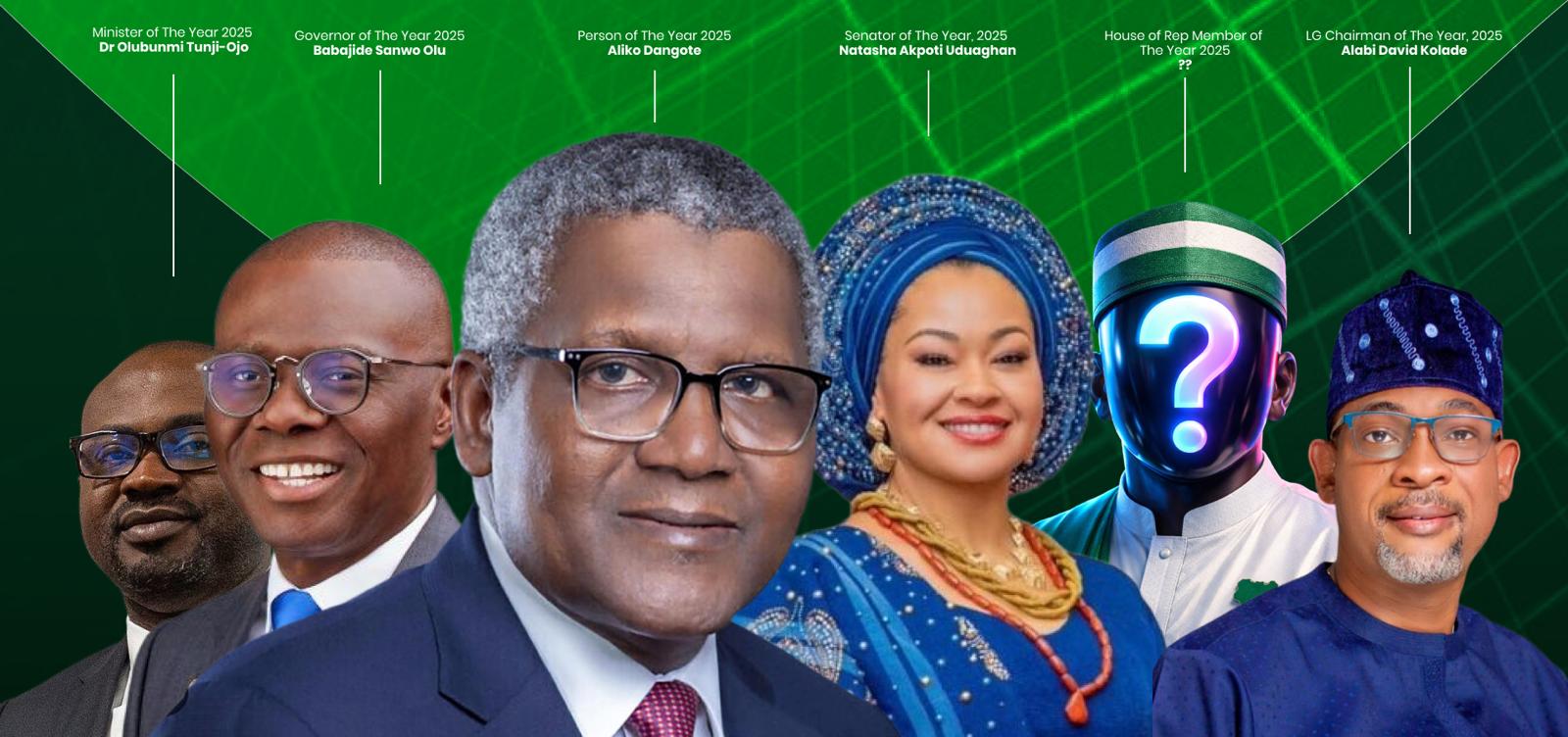A Global Shock wave from Seattle
In a move that has sent tremors across the corporate world, Amazon—the e-commerce and cloud-computing giant—has announced plans to cut over 14,000 corporate jobs, marking one of the most significant workforce reductions in its history.
The layoffs, which began in late October 2025, affect employees across multiple divisions, including Human Resources, Devices & Services, Prime Video, and even parts of Amazon Web Services (AWS). Affected staff have been given a 90-day window to find alternative internal placements before severance packages take effect.
While this might seem like another wave of corporate restructuring, analysts agree it reflects a deeper, global transformation—a redefinition of work itself, driven by Artificial Intelligence (AI).
A Personal Reflection: The Speed of the AI Revolution
Sometime last year, I attended an advanced program in AI and Data Science at MIT. During one of our breakout sessions, a few colleagues and I conducted a thought exercise: we tried to project the pace of AI advancement for the years 2026, 2028, and 2030.
To our astonishment, the current rate of progress has already surpassed our projection for 2026 and is now approaching the 2028 milestone—five years ahead of schedule.
This realization was both exciting and unsettling. It confirmed what many still fail to grasp: those who think of AI as “the future” are already several steps behind. AI is here, now, quietly transforming every aspect of our lives—business, healthcare, education, governance, and even ministry—at an unimaginable speed.
Amazon’s restructuring highlights the growing dominance of AI in the workplace.”
“Professionals must adapt to the realities of AI in the workplace, where automation and learning go hand in hand.”Amazon’s restructuring highlights the growing dominance of AI in the workplace.”
“Professionals must adapt to the realities of AI in the workplace, where automation and learning go hand in hand.”Amazon’s restructuring highlights the growing dominance of AI in the workplace.”
“Professionals must adapt to the realities of AI in the workplace, where automation and learning go hand in hand.”
The Amazon development is therefore not an isolated event; it is one of many signals that the AI revolution has moved from theory to total integration.
From Efficiency to Evolution: The AI Factor
Amazon’s leadership described the restructuring as a “strategic realignment” to remove redundant layers, optimize costs, and prioritize investments in AI infrastructure. This is far more than a routine budget cut—it marks the acceleration of Amazon’s transition into an AI-first enterprise.
From automated warehouses to AI chat bots, algorithmic advertising, and generative content creation, the company is embedding intelligence into every layer of its operations. Tasks that once required hundreds of employees—inventory management, customer correspondence, and report summaries—are now executed by systems that learn and improve continuously.
In short, the world’s largest retailer is being re-engineered by algorithms. This is not unique to Amazon—it embodies the Fourth Industrial Revolution, powered not by steam or electricity, but by data, automation, and intelligence.
The Broader Economic Context
Across the globe, corporations stand at an inflection point. Just as the automation wave of the 2000’s reshaped factories, AI is now reshaping offices.
A Goldman Sachs report estimates that over 300 million jobs worldwide could be exposed to automation by generative AI within the next decade. Yet, exposure does not mean extinction—it means evolution.
Repetitive roles built on coordination or reporting are being automated, while jobs requiring creativity, empathy, and strategic leadership are rising in value. Forward-thinking organizations are not merely cutting costs—they are redirecting resources toward AI-driven innovation, cloud infrastructure, cybersecurity, and data analytics.
Amazon’s restructuring offers a preview of the next global economy, one that rewards agility, adaptability, and continuous learning over static job titles.
A Wake-Up Call for Professionals
The message is unmistakable:
AI will not take your job — someone who knows how to use AI will.
This should awaken every professional—whether in education, healthcare, governance, business, or ministry—to the urgency of digital transformation.
To remain relevant, one must embrace AI as a collaborator, not a competitor. Modern professionals must learn to prompt, direct, and deploy AI tools effectively. Those already integrating platforms like ChatGPT, Microsoft Copilot, and Claude into daily workflows are achieving levels of productivity and creativity unimaginable just a year ago.
How AI Is Rewriting the Rules of Productivity
AI is no longer just a tool—it is a partner in progress, expanding human potential in five transformative ways:
- Automation of Routine Tasks – From scheduling to documentation, freeing humans for strategic work.
- Decision Intelligence – Data-driven insights for faster, smarter business and policy decisions.
- Enhanced Creativity – Generative AI creates text, graphics, and multimedia on demand.
- Customer Engagement – Chatbots handle millions of interactions with accuracy and empathy.
- Predictive Efficiency – Algorithms forecast trends and anticipate disruptions long before they occur.
Across every industry—from banking and logistics to governance and education—these capabilities are redefining the nature of work.
The Nigerian and African Perspective
For Nigeria and Africa, Amazon’s announcement should not be viewed as distant corporate news but as a strategic warning.
Our economies still depend heavily on manual labor and public-sector employment, even as the world moves toward AI-centric systems. Without deliberate re-skilling, millions risk being left behind.
This is why the Great Nigerian Assembly (GNA), in partnership with CPI Technologies Inc., is bridging the gap through AI education and certification.
Through the i3Cert AI Certification Pathway, Nigerians at home and abroad can now acquire practical, globally recognized AI skills that prepare them for the new world of work:
| Program Title | Duration |
|---|---|
| Certified Generative AI Fundamentals (CGAF) | 1 Week |
| Certified Generative AI Associate (CGAA) | 12 Weeks |
| Certified Generative AI Professional (CGAP) | 12 Weeks |
| Certified Generative AI Expert (CGAE) | 12 Weeks |
These programs demystify AI and train participants to apply it effectively in business, governance, education, healthcare, and agriculture.
 Note: Success in the certification examination at the Fundamentals level is required for those who intend to proceed along the professional track (Associate, Professional, and Expert levels).
Note: Success in the certification examination at the Fundamentals level is required for those who intend to proceed along the professional track (Associate, Professional, and Expert levels).
The vision is simple yet powerful: to build an AI-literate generation of Nigerians and Africans capable of competing and collaborating globally.
From Job Loss to Skill Rebirth
Every technological revolution begins with discomfort. The Industrial Age displaced blacksmiths but created engineers. The AI Age is eliminating clerical tasks but creating AI trainers, data scientists, prompt engineers, and system architects.
The difference between the displaced and the empowered is readiness. Those who learn early will lead; those who resist will fade. The only sustainable posture now is one of continuous re-skilling and adaptation.
The Human Element Still Matters
Even in an algorithm-driven world, humanity remains irreplaceable.
AI can process data, but it cannot emulate purpose, integrity, or compassion—the core traits of ethical leadership. The future belongs to those who combine technological fluency with moral intelligence, using AI responsibly to uplift, not undermine, society.
A Final Word: Adapt or Become Obsolete
Amazon’s decision is not just a corporate maneuver—it is a prophetic sign of the times.
Whether you are a banker, teacher, entrepreneur, pastor, or policymaker, one truth stands out:
AI is not coming; it is already here.
Just as electricity became indispensable in the 20th century, AI will define employability in the 21st.
Those who embrace it will lead; those who ignore it will watch from the sidelines.
The choice—like the future—belongs to us.
About the Author
Dr. Kayode Elusoji is the Executive Director of the Great Nigerian Assembly (GNA) — an AI Engineer, Educator, and Global Speaker with over three decades of experience in technology, governance, and nation-building. He is passionate about empowering Africans through AI education, digital transformation, and civic innovation.



